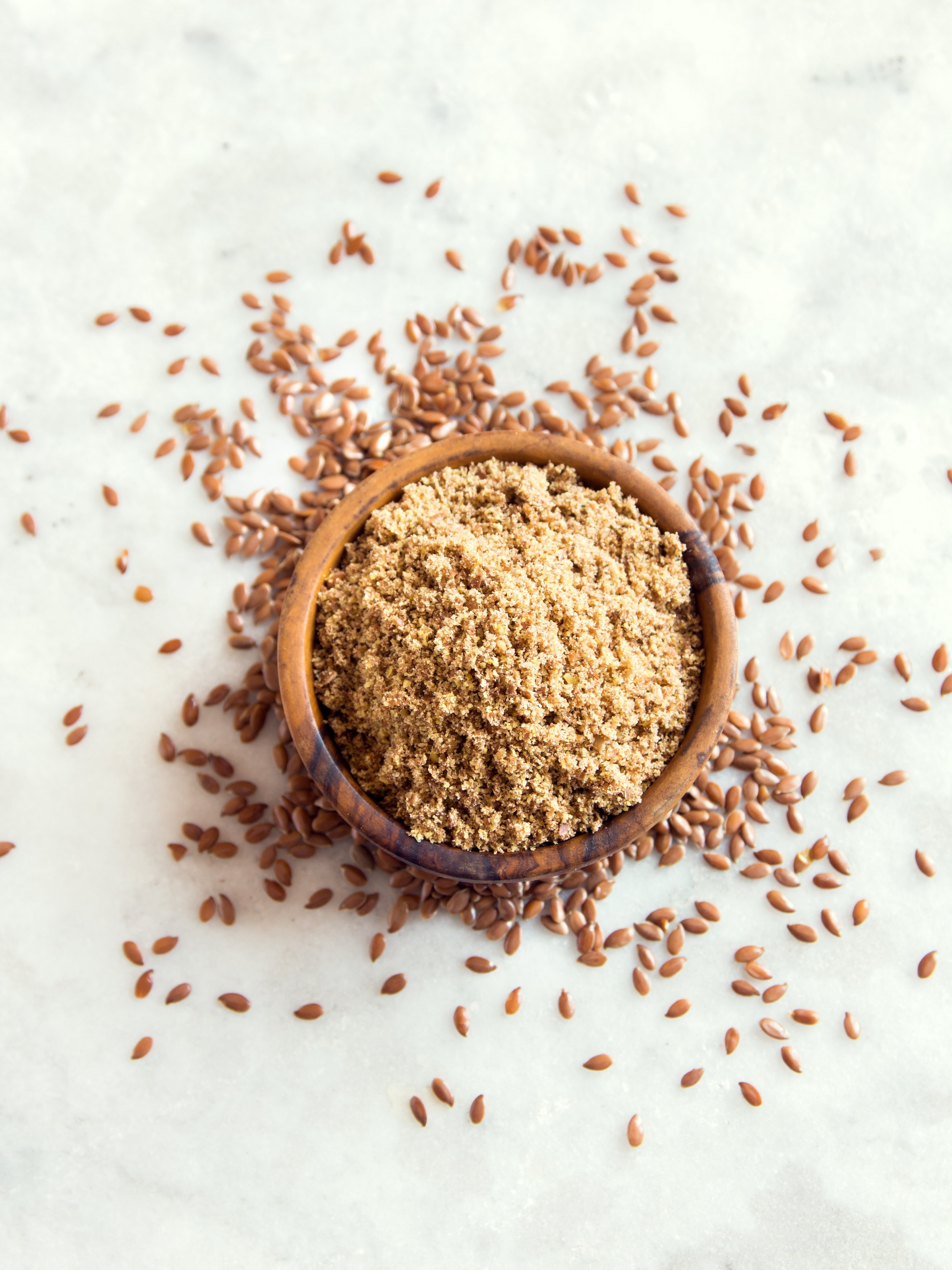The Benefits Of Seed Cycling
Seed cycling is a practice that has been successfully used by women to achieve optimal hormonal balance. Though seemingly simple, seed cycling is a powerful tool that has the ability to normalize various aspects of the female reproductive and endocrine system while supporting overall well-being.
Seed cycling is composed of two parts, with each part corresponding to a specific phase of a woman’s menstrual cycle. During the Follicular phase (day 1 of your period to day 14), 1 tbsp of flax seeds and 1 tbsp of pumpkin seeds are consumed. During the Luteal phase (day 15 to day 28 or the start of your period), 1 tbsp of sesame seeds and 1 tbsp of sunflower seeds are consumed.
If you're allergic to or avoiding one of the seeds for whatever reason, just add in an extra tablespoon of the other for that phase. For example, 2 tablespoons of pumpkin seeds in phase 1 if you’re avoiding flax seeds or 2 tablespoons of sesame seeds in phase 2 if you’re avoiding sunflower seeds.
You can also add in oils that are rich in essential fatty acids for support during the different phases. Phase 1 is best supported with fish oil that is high in omega 3s, whereas phase 2 is best supported with evening primrose oil which is high in the anti-inflammatory form of omega 6. Consuming these oils, along with seeds in this cyclical nature can have a profound impact on your body. Below outlines a few specific impacts on the body.
Regulating hormones - Each seed has a specific role in regulating hormones throughout the cycle. The Follicular phase is characterized by rising estrogen levels and low progesterone. Flax seeds contain phytoestrogens, which act to regulate estrogen levels in the body, while pumpkin seeds are rich in zinc, which supports healthy progesterone production.
During the Luteal phase, progesterone levels increase and estrogen levels drop. Sunflower seeds are rich in Vitamin E, which keeps progesterone levels in check, and sesame seeds contain selenium and zinc, both of which work to clear excess estrogen.
Reducing PMS - PMS symptoms often occur due to fluctuating progesterone levels in the body during the second half of the luteal phase. When progesterone levels rise and fall rapidly, the body responds with symptoms like temporary weight gain, acne, moodiness, cramping, breast tenderness, and cravings. Sunflower seeds and pumpkin seeds work together during your cycle to keep progesterone levels from increasing or dropping too low. By keeping progesterone levels more steady, you can reduce or eliminate PMS symptoms entirely.
Regulating Ovulation - Women are most fertile and able to conceive during ovulation. Without enough estrogen in the body, women may not ovulate, which can lead to issues with fertility. The balancing nature of seed cycling prevents estrogen levels from rising too high or falling too low at any point during the cycle. This ensures regular ovulation in women, which is essential for healthy fertility.
Supporting Menopause - Seed cycling can be used for premenopausal and menopausal women to support symptoms like hot flashes, brain fog, and night sweats, all of which may be indicative of hormonal imbalances. For those without a menstrual cycle, eat 1 tbsp of flax seeds and 1 tbsp of pumpkin seeds for 2 weeks, followed by 1 tbsp sesame seeds and 1 tbsp sunflower seeds for 2 weeks - it’s helpful to follow the moon cycles as a guide. The phytoestrogens in flaxseeds help to significantly reduce hot flashes, while pumpkin seeds help to alleviate joint pain and headaches. The four seeds working together balance estrogen, thus alleviating menopausal symptoms.
Supporting Liver Detox - The balance of sex hormones in the body is regulated by the liver. When the liver is not functioning properly, excess hormones like estrogen may not be eliminated from the body effectively. This can lead to various symptoms of hormonal imbalance, such as irregular periods and cramping. Sunflower seeds are rich in selenium, a powerful mineral that helps support healthy liver detoxification and adequate hormone balance.
Healing Amenorrhea - Amenorrhea refers to an absence in menstruation and negatively impacts women’s fertility. Seed cycling can be used to bring hormones back into balance, even for women without periods, by following the moon cycle. Traditionally, women’s menstrual cycles would coincide perfectly with the moon cycle, as both are 28 days. Begin day one on the new moon by consuming 1 tbsp of flax seeds and 1 tbsp of pumpkin seeds. On day 14, or the day of the full moon, switch to eating 1 tbsp of sesame seeds and 1 tbsp of sunflower seeds. It may take 3-4 cycles to see changes, but continue to follow the moon cycles until your period returns.

